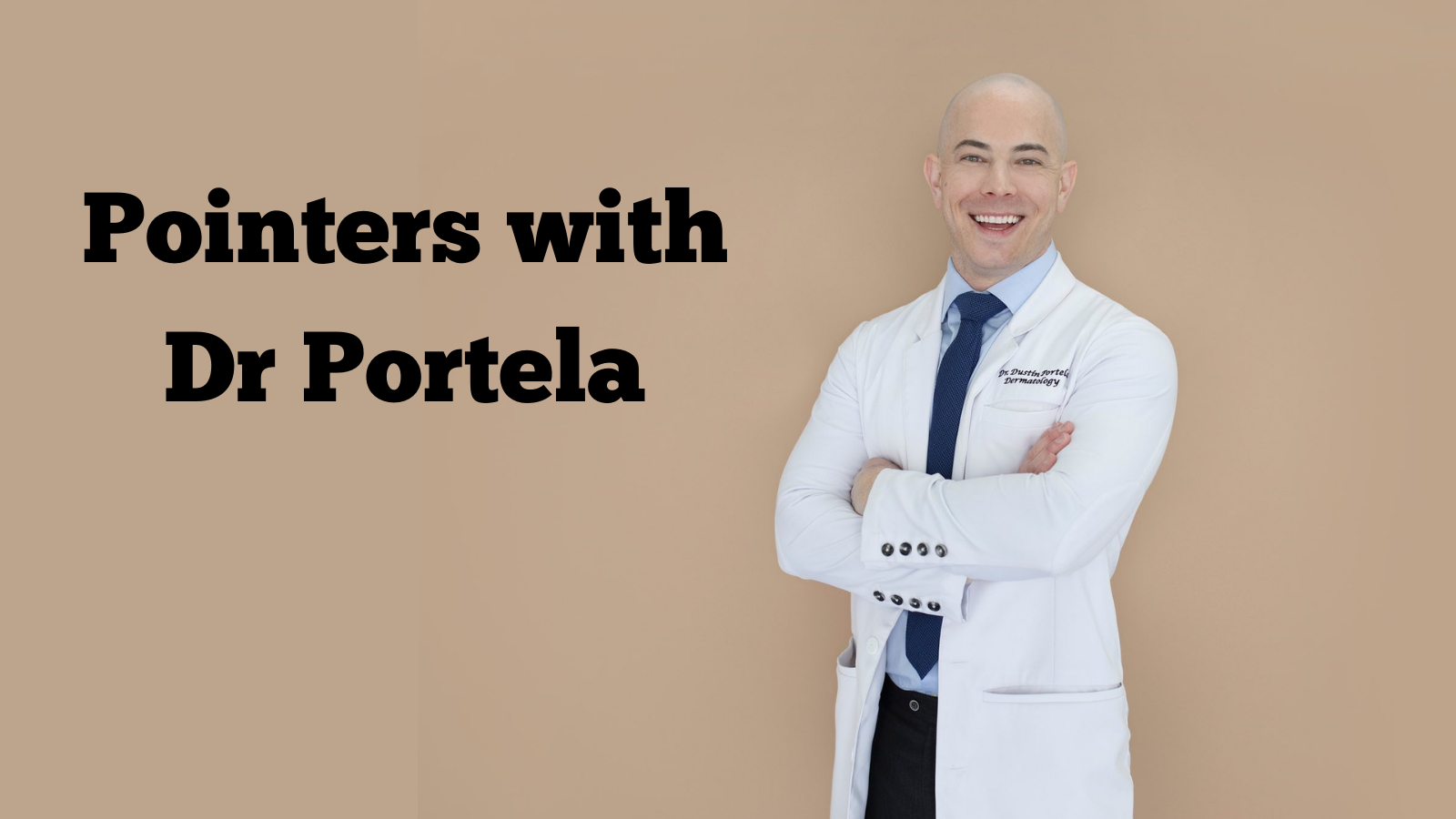- Acne
- Actinic Keratosis
- Aesthetics
- Alopecia
- Atopic Dermatitis
- Buy-and-Bill
- COVID-19
- Case-Based Roundtable
- Chronic Hand Eczema
- Chronic Spontaneous Urticaria
- Drug Watch
- Eczema
- General Dermatology
- Hidradenitis Suppurativa
- Melasma
- NP and PA
- Pediatric Dermatology
- Pigmentary Disorders
- Practice Management
- Precision Medicine and Biologics
- Prurigo Nodularis
- Psoriasis
- Psoriatic Arthritis
- Rare Disease
- Rosacea
- Skin Cancer
- Vitiligo
- Wound Care
Article
When tattoos cause problems: 4 risks
Check out four potential medical issues that dermatologists may encounter when working with tattoos. Consider these risks.
Here are some potential medical issues that dermatologists may encounter on the tattoo front:
• Tattoo removal creams pose risks
“Great caution should be taken before purchasing and using topical tattoo-fading creams,” says Suzan Obagi, M.D., an associate professor of Dermatology and Plastic Surgery and director of the Cosmetic Surgery and Skin Health Center at University of Pittsburgh Medical Center.
Reports show that some products available to consumers contain 50% tricholoracetic acid. “Even in experienced hands, 50% TCA is a very strong acid,” she says. “Other products do not mention any ingredients. This brings up the concern of these products containing acids or other potentially dangerous ingredients.”
• Tattooed people may resist blood tests
People with tattoos may be resistant to blood tests via the arm because they fear harming the artwork, says Dave C. Lane, Ph.D., an assistant professor of sociology at the University of South Dakota in Vermillion, SD who studies tattoos. They may also worry about treatments that could disrupt the appearance of their tattoos, he says. “For some, this is akin to scratching a record, getting a painting wet, or accidentally breaking a frame of a picture.”
When appropriate, Lane recommends that medical professionals explore using alternate parts of the body for the pricks of blood tests. “Among the people I know, we all elect to have blood drawn from places other than our arms. For those of use with hands that are not tattooed, we tend to have it drawn from the backs of our hands. The same goes for IVs.”
NEXT: Infections and tattoos may hide skin problems
• Tattoo infections may not have obvious causes
Infections from the tattooing process remain a risk, both from the needle and from the ink, which is not regulated by the FDA. But many tattoo artists are reducing the risk by using pre-packaged, pre-sterilized needles and single-use ink packets, Lane says.
An infection related to a new tattoo may not be related to the tattooing process itself. Lane recalls hearing from a tattoo artist about a customer who claimed he was infected by the tattoo artwork on his foot. It turns out that the problem arose from wearing work boots at his industrial workplace after getting the tattoo. “ It must have been easier for this client to blame the tattooist than seek help from a medical professional,” he says.
• Tattoos may hide a skin problem
George J. Hruza, M.D., MBA, a dermatologist in private practice and adjunct professor of Dermatology at St. Louis University, says it’s possible that a tattoo may camouflage a skin condition like a cancerous mole. The tattoo ink could make identification of the skin cancer difficult, especially if the tattoo ink is dark, says Hruza. He recommends avoiding tattoos on skin areas with growths or moles.
NEXT: More articles on Tattoos you might like
From rebellious to routine: A path to tattoo regret
No one knows when a human first regretted a tattoo and tried to do something about it, but one expert thinks it happened early. Learn more
What you need to know about tattoo removal
Tattoo removal isn’t a simple, painless, or inexpensive process. Dig deep and learn how technology has changed the process.
Tattoo Removal Resource Center
Newsletter
Like what you’re reading? Subscribe to Dermatology Times for weekly updates on therapies, innovations, and real-world practice tips.






